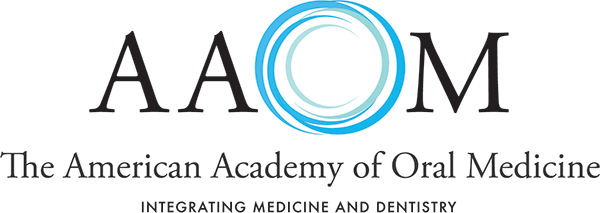Education and Training
Completion of dental school to obtain your degree (e.g.: DDS, DMD, or non-US equivalent) is required prior to enrolling in an oral medicine training program. Some programs require completion of a one-year general practice residency program.
Oral medicine residency training programs are a minimum of 24 months. In the U.S., programs are accredited by the American Dental Association’s Commission on Dental Accreditation. Some programs have the opportunity to obtain other advanced degrees (e.g.: Masters or Ph.D.), and these are typically 3–5 years in length.
An oral medicine training program includes the following components:
- Formal instruction and clinical practice in
- biomedical sciences, pathology, pharmacology, research, and behavioral science
- laboratory medicine and diagnostic tests
- obtaining a medical history and performing a physical examination
- oral radiology, oral pathology, orofacial pain, and general dentistry
- Medical rotations in the hospital, outpatient clinics (minimum of two months), with participation in hospital rounds, which may include
- internal medicine
- neurology
- cardiology
- infectious diseases
- dermatology
- oncology (medical oncology or radiation oncology)
- otolaryngology (ear, nose, and throat)
- Performance of research and scientific projects
Profiles of Oral Medicine Residents

Dr. Marisa Campain
Throughout my education, my strongest motivators have been curiosity about the
biology of the human body and desire to improve the oral health of patients with complex medical needs. I was extremely fortunate to discover Oral Medicine, which has the intellectual rigor, detail orientation, and integration of systemic and oral health that I want in a career.
During a year of hospital-based GPR after dental school, I found myself most interested in unique inpatient consults, oral manifestations of systemic conditions, and managing patients’ oral health around solid organ/stem cell transplants and head and neck radiation therapy. I craved a more detailed understanding of the oral biology of these conditions, which was by necessity secondary to addressing the patients’ general dentistry needs. I had loved my Oral Medicine classes in dental school, and completing an Oral Medicine externship showed me the detail and sophistication of this specialty’s approach to complex patients. It quickly became clear this was the kind of dentistry I wanted to practice.
Even my limited experience has shown that Oral Medicine specialists play a unique and vital role in the healthcare team. Not only do we treat conditions directly affecting the oral cavity, such as vesiculobullous conditions and oral dysplasia, but we also support the treatment of other specialties, like managing oral mucositis or MRONJ to enable cancer patients to continue treatment. We play a crucial role in managing orofacial pain and temporomandibular disorders, as well as addressing care discrepancies between the medical and dental establishments.
An additional benefit for me has been the excellent learning environment at my Oral Medicine residency program at UCSF. I am allowed and encouraged to ask questions, and the faculty never fail to take the time to help me learn. Training at a center with such a longstanding history of clinical and research excellence in Oral Medicine is an immense privilege for me.
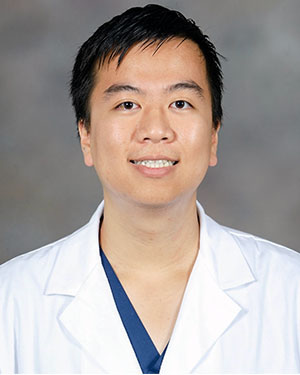
Dr. Kevin Chung
My journey into dentistry and ultimately oral medicine started in high school, when I applied for an accelerated program at University of the Pacific. This was a combined 3 years of undergrad at the Stockton campus and 3 years of dental school at the San Francisco campus. Although intense and arduous, it was an experience unlike any other and I was at a crossroads in my final year. I had a hospital dental rotation, and it was one of the highlights of my dental school education; I knew I wanted to explore specialization but was unsure of which specialty, so a close mentor suggested a general practice residency to not only gain more experience in delivering a higher level of care, but that year would give me time to explore.
My time at Oregon Health and Science University was a period of growth as a practitioner and person. I learned so much and grew more confident in treating special needs and medically complex patients while being exposed to medicine. I knew then that I wanted to pursue a specialty that melded dentistry and medicine together and thus, I ended up pursuing oral medicine at University of Washington. I loved my time at UW; being exposed to a wide array of areas such as oral oncology, orofacial pain, mucosal lesions, and sleep dentistry to name a few cemented my passion for this specialty.
A rotation at the Fred Hutch Cancer Center fueled my desire for more training in oral oncology, leading me to the dental oncology fellowship at Memorial Sloan Kettering Cancer Center. Being at one of the premier centers for cancer was an incredible learning experience, exposing me to all aspects of comprehensive oncologic care. Now, I am back at UW as a full-time acting assistant professor and attending spread out across multiple clinics with the hope of teaching the next generation of dentists and oral medicine specialists.
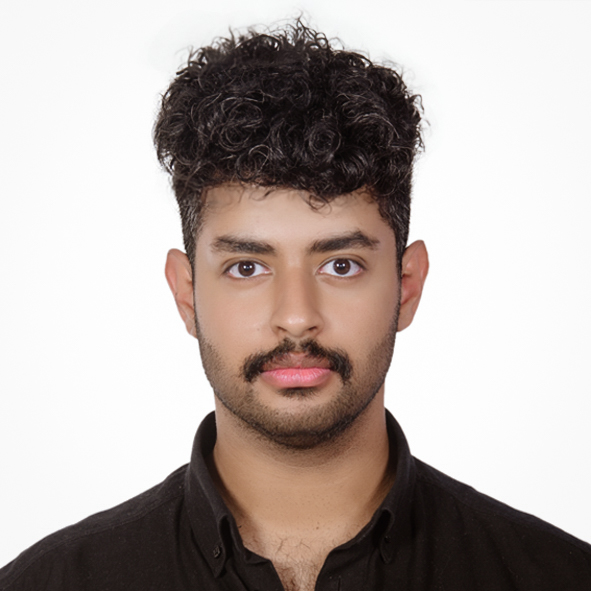
Dr. Abdullatif Burahmah
During my first clinical year in dental school, when I was first introduced to the field of oral medicine, I immediately recognized that my passion was guided toward this specialty. I was fascinated by how oral medicine specialists approach various pathological conditions and diseases with a patient-centered mindset. It remains intellectually stimulating to witness the integration of knowledge from multiple specialties—such as dentistry, dermatology, neurology, internal medicine, pharmacology, and even psychiatry in some cases—to reach a definitive diagnosis, exercise sound clinical judgment, and formulate a precise, evidence-based treatment plan with appropriate alternatives. The ability to synthesize insights from such diverse disciplines and translate them into clinical practice makes oral medicine both a challenging and captivating field to me.
I am originally from Kuwait and earned my DDS degree from Ajman University in the United Arab Emirates in 2017. After graduation, I worked at the Ministry of Health in Kuwait, where I gained valuable clinical experience managing a wide variety of dental and oral conditions. My time there further solidified my interest in oral medicine, particularly during my internship year in the oral medicine clinic, where I was exposed to patients presenting with complex oral lesions and systemic disease manifestations. In 2022, I began my oral medicine residency at Tufts University School of Dental Medicine, which presented a tremendous opportunity to build upon the interest I developed during dental school. As a resident, I was exposed to a diverse range of complex pathological cases and gained a deeper understanding of oral diseases, oral manifestations of systemic conditions, and the management of oral complications in cancer patients. Collaboration has been a cornerstone of my training, particularly when caring for patients with head and neck cancer undergoing chemotherapy or radiation therapy. Working closely with oncologists, head and neck surgeons, and radiation oncologists, I learned the importance of interdisciplinary teamwork to optimize patient care and improve treatment outcomes.
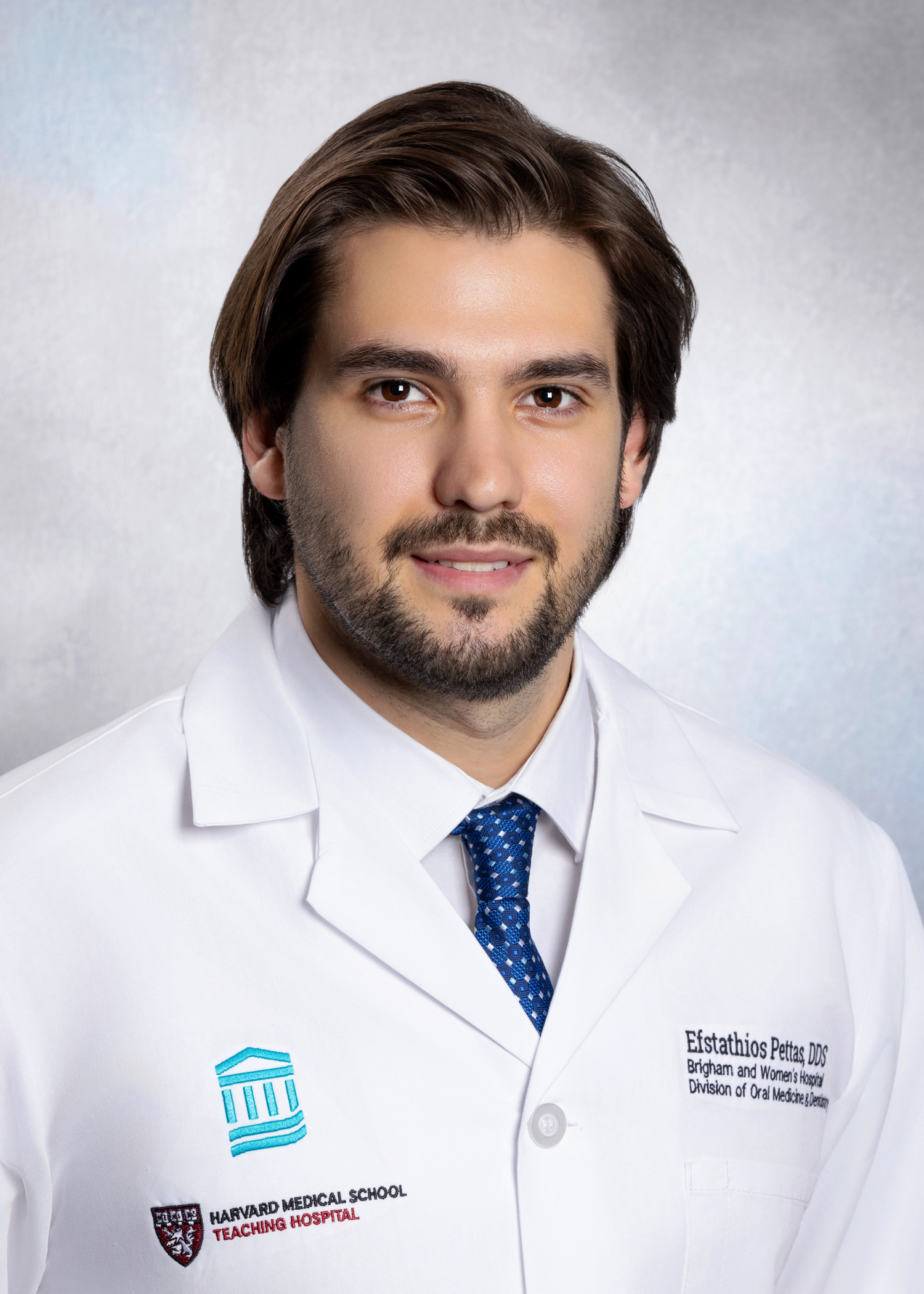
Dr. Efstathios Pettas, DDS, MSc
My interest in dentistry started in high school when I was drawn to its unique combination of art and science. During my fourth year of dental school at the National and Kapodistrian University of Athens, I gained a deeper appreciation for the critical connection between oral and systemic health and my passion for the medical aspects of dentistry grew stronger. After earning my DDS degree, I decided to pursue a combined MSc program in Oral Medicine & Pathology and Hospital Dentistry at the same institution. Throughout my postgraduate studies, in addition to clinical training, I actively participated in the biopsy service and histopathologic sign-outs, strengthening my ability to correlate clinical presentations with microscopic findings. I also learned the basic principles of research and conducted a scientific proposal on transcriptomic analysis of oral leukoplakia, an experience that deepened my understanding of the pathogenetic mechanisms underlying oral diseases.
Fascinated by the unique role of oral medicine in bridging dentistry and medicine, I chose to pursue further training and delve deeper in the field. A few months ago, I embarked on a new chapter in the United States and began my oral medicine residency at Brigham and Women’s Hospital/Harvard School of Dental Medicine. I am privileged to work under the guidance of leaders in the field who have made significant contributions, including but not limited to the characterization and management of oral potentially malignant conditions and toxicities associated with antineoplastic therapies.
The Dana-Farber Brigham Cancer Center provides a wealth of complex cases that require a multidisciplinary approach - the aspect of the specialty that I enjoy the most. I look forward to continuing my training, expanding my knowledge, and contributing to the field of oral medicine through research and interdisciplinary collaboration.
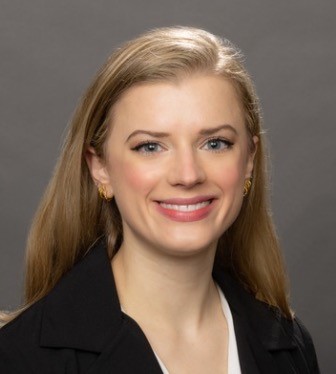
Dr. Madison Richards, DMD
Prior to attending dental school, I was one of the many aspiring dentists unfamiliar with the range of options available to those interested in specializing. I had no concept of the field of Oral Medicine prior to my first semester, but, luckily, faculty from the Oral Medicine department at the University of Pennsylvania School of Dental Medicine were involved in my education from orientation onwards.
I am a generally curious person and have always loved puzzles, so I naturally found myself drawn to Oral Medicine as I learned more about the field. I signed up for a faculty mentor and was paired with Dr. Eric Stoopler, DMD, who encouraged my early interest in Oral Medicine, which ultimately led me to pursue Oral Medicine Residency at Atrium Health Carolinas Medical Center. I feel incredibly fortunate to have participated in a residency program that emphasizes the breadth of a full-scope Oral Medicine practice. It has allowed me to continue to pursue my interest in general dentistry for the medically complex and special needs populations, while also developing skills in new areas.
I have had the opportunity to develop confidence in managing patients with orofacial pain, oral lesions, and salivary gland disorders, as well as explore medical specialties such as anesthesia and neurology. I also learned so much through taking primary call and through supporting on call residents as an upper level, which really makes those hard nights and weekends worth it! My journey to Oral Medicine and my residency training have fostered my interests in underrecognized conditions and in caring for those with specialized treatment needs, and I am looking forward to a career where I can encourage those interests in others.
|
